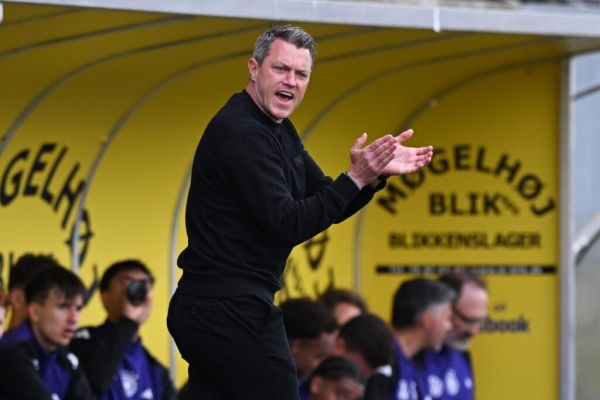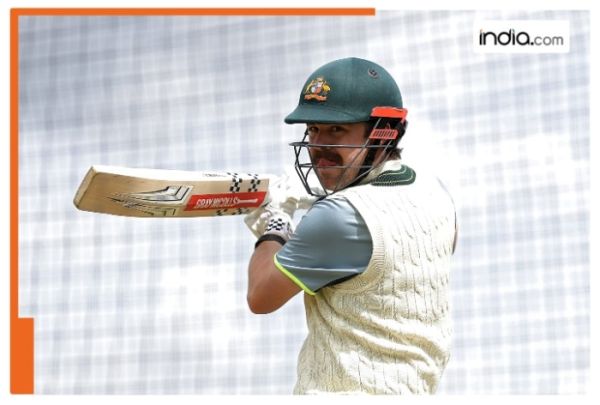
Johannesburg, June 17 (PTI): The South African operation of India’s largest water treatment company, Ion Exchange, is to explore further collaboration and partnerships in the wake of two recent symposiums which brought together experts from India, South Africa and neighbouring countries.
Ion Exchange South Africa CEO Gourish Chakravorty said that the two symposiums brought together a wide range of scientists, technical staff and mangers form many companies involved in the water industry who shared their own experience as well as innovations in the industry.
“Following on the consensus from the symposiums that there are many opportunities for collaboration between India and South Africa in what is essentially the global challenge of water supply and treatment, there will be more partnerships in future,” Chakravorty said as he emphasised that the focus would be on partnerships that work for both sides.
“India has a very strong concept of equal partnerships in which the companies from India come with technologies and products and implement this through local partnerships where it is a win-win proposition. It is not always imposed in one way necessarily.
“I have been witnessing this through the joint venture which we have created and have been running for the past 13 years between Ion Exchange and Safic. We have even been commended by the Indian Consul-General, Mahesh Kumar, for serving as a role model for India-South Africa partnerships which other Indian companies invested in South Africa should follow,” Chakravorty said.
South Africa’s national electric supplier Eskom had already expressed interest in extending discussion with his company, the CEO said.
“We had a very strong delegation from Eskom, including from their head office and the various plants across the country. They were extremely happy attending this conference, suggestion that we should continue this engagement in future as a knowledge-sharing platform. They also presented their experience, which was appreciate by the delegates from India as well.
“We also had representation from Rand Water, which supplies the major municipalities in Gauteng province, the economic powerhouse of South Africa; and delegates from water boards in several neighbouring countries in Africa.
Chakravorty said some of the products manufactured by his company cannot be produced locally cost effectively.
“They have been brought in from Europe, the US and other countries at a very high cost, sometimes also being products which are not necessarily very relevant to the African continent and its specific requirements. Our products are developed for the local needs and fully serviced by our team,” he said.
Chakraborty said that in the 17 years that he has been representing the company in South Africa, he has seen the local requirements and how Ion exchange with its six decades of experience in the field of water and waste water treatment can assist the country.
“I feel it is a responsibility to share the knowledge, experience and innovation that Ion Exchange has with our customers and users so that we can optimise the operational costs and enhance the performance of water treatment and waste water plants. In addition, we can also assist in the use of water to preserve this valuable commodity,” he said.
Dr Natarajan Anbanathan, who attended the conference from Ion Exchange head office, shared how India was addressing its water sustainability challenges.
“India presently has a lot of problems with its water sustainability, so many people are going for 100% zero discharge plants. We are in the process of moving all our industries to a zero-discharge plan. In addition, many plants in India are using municipal sewage water, especially treated sewage water, and use it in the power plant,” he said.
Anbanathan said his company was working towards getting to a stage where natural water from original source was used mainly for agricultural use and industries should use minimum (natural) water and maximum from recycled water.
“All domestic water is recycled back to industry. This is what is going on in India, putting us in a good position with regard to sustainability prospects. There are definitely opportunities for these two countries to work together. We have the knowledge and the technology and South Africa can make use of this,” Anbanathan said. PTI MNK MNK
(This story is published as part of the auto-generated syndicate wire feed. No editing has been done in the headline or the body by ABP Live.)
-
Team news & predicted lineups – U21 Euros 2025

-
Germany U19 v England U19

-
Jude and Jobe Bellingham and other Bundesliga brothers

-
Wiaan Mulder reveals Travis Head was shattered after WTC 2025 final defeat, ‘you always think about Aussies as being a little bit nasty at times, but…’

-
Harshit Rana added to India squad as backup ahead of the first Test match vs England
